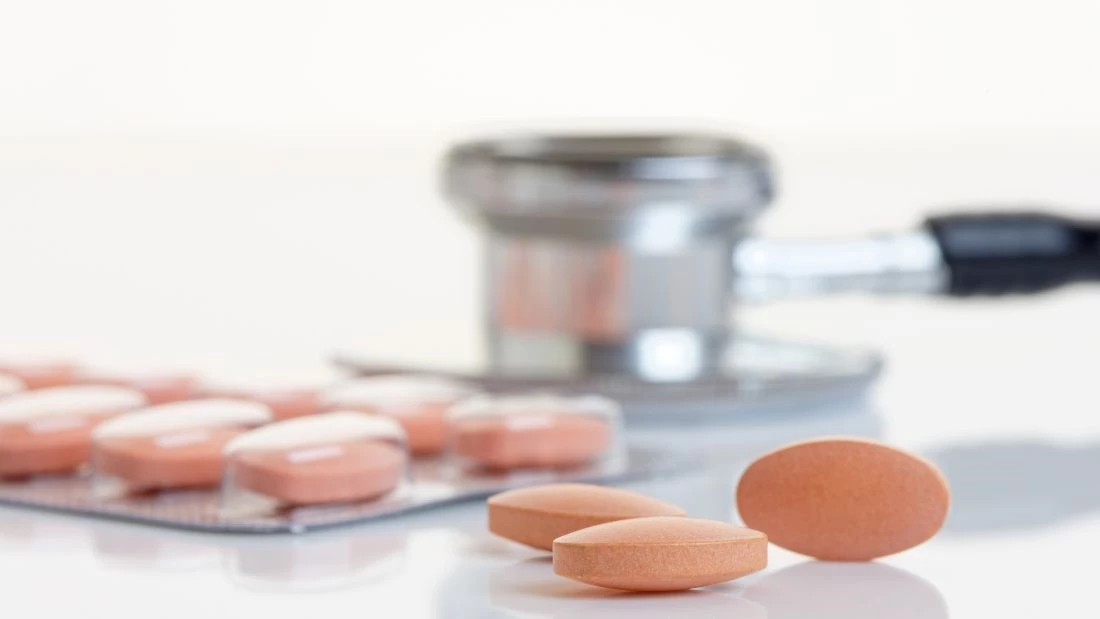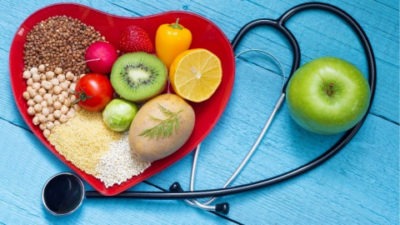Eat healthily before reaching for statins, says NICE

This week’s news says millions more people will be able to get statins on the NHS under new guidelines aimed at preventing thousands of heart attacks and strokes.
Up to now, doctors were told to offer statins only to patients with a 10 per cent or higher risk of suffering a heart attack or stroke within a decade. New guidelines from the National Institute for Health and Care Excellence (NICE), recommend that statins can now be considered as part of ‘shared decision-making’ between doctor and patient for people who have a risk below 10 per cent. It means an additional 4.5 million people could be eligible for statins.
NICE updated its guidelines following a large study in The Lancet that found that the risk of muscle damage caused by statins appears to be lower than previously thought, meaning that the benefits are now considered to outweigh the risks. This is the story that’s running – but it’s not the full story.
Preventative treatment – consider lifestyle changes first
NICE website says: “…before offering statins for primary prevention, GPs should discuss the benefits of lifestyle modification and optimise all other modifiable CVD [cardiovascular disease] factors if possible”. Lifestyle adjustments recommended by NICE include being more active, quitting smoking, reducing alcohol intake, eating more healthily and losing weight.
Bad cholesterol
There are two types of cholesterol: LDL ‘bad’ cholesterol and HDL ‘good’ cholesterol. LDL carries cholesterol to cells that need it – too much and it can form plaques in your artery walls. HDL carries cholesterol away from the cells and back to the liver where it’s broken down and passed out of the body as waste. Statins work by reducing the amount of LDL ‘bad’ cholesterol the liver produces.
The NHS says that common side effects of statins include headache, dizziness, nausea, feeling unusually tired or physically weak, digestive system problems (such as constipation, diarrhoea indigestion or farting), muscle pain, sleep problems and low blood platelet count.
These distressing side effects can be avoided while still maintaining healthy cholesterol levels simply by changing your diet. Numerous studies show that people who follow a healthy, vegan diet have lower cholesterol, lower blood pressure and a lower risk of heart disease than meat-eaters.
The large EPIC-Oxford study, for example, found that British vegetarians and vegans have a significant 32 per cent lower risk of heart disease than meat and/or fish-eaters. They said that this was probably a result of their lower cholesterol and blood pressure levels. Animal-based foods increase both, as well as the risk of diabetes, obesity and certain cancers.
The message is simple – to lower your cholesterol and reduce your risk of heart disease, go vegan and don’t forget to exercise regularly!





